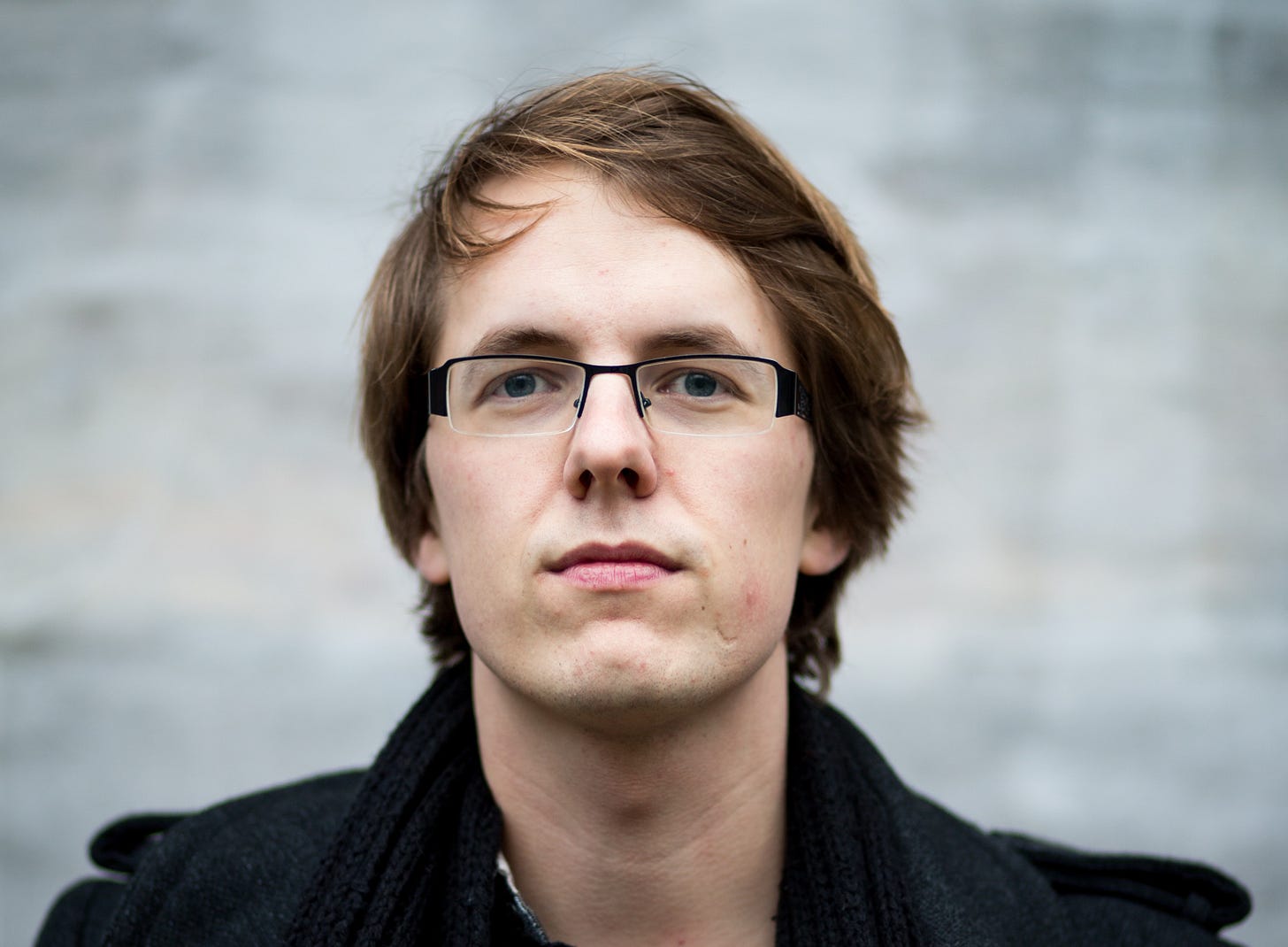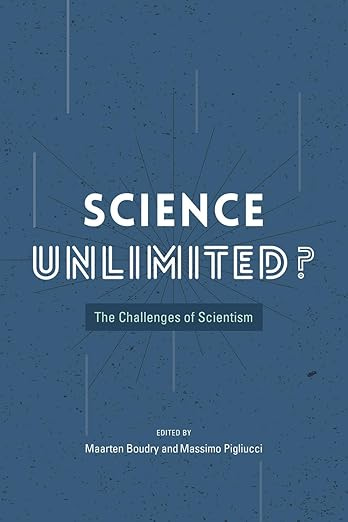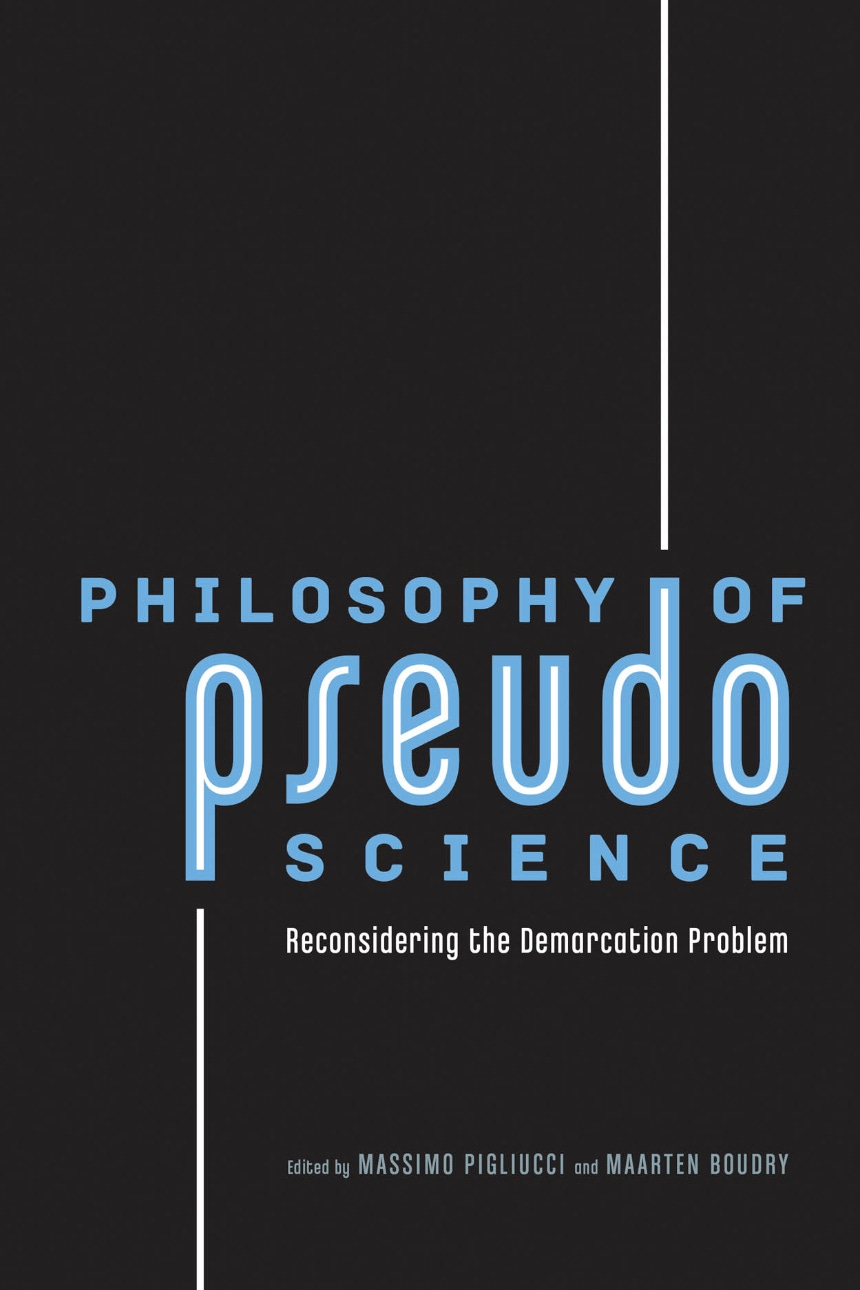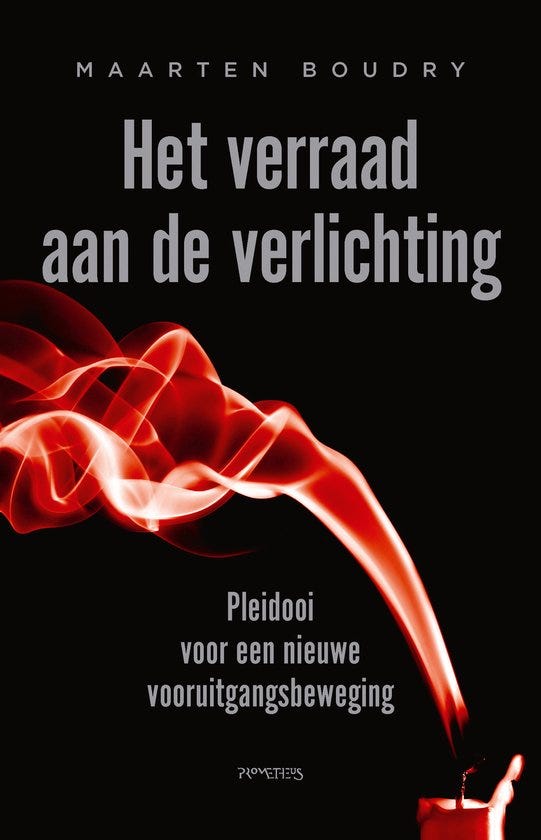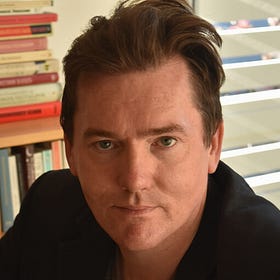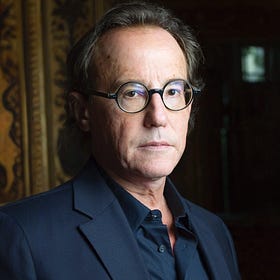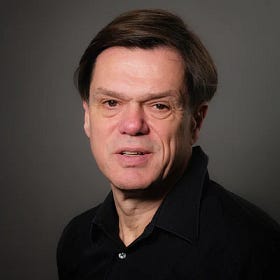When Nietzsche asks in Ecce Homo: »Who among the philosophers before me was a psychologist, rather than the opposite, a ‘higher swindler,’ an ‘idealist’?« it naturally raises the question of whether it is still possible to practice Philosophy in the traditional, time-honored way today. Maarten Boudry, who as a young man was faced with the choice of becoming a jazz pianist or a philosopher, answered this question in his own way. Starting with his doctoral thesis, he has been concerned with errors in thinking, intellectual negligence, and ideology-driven fallacies—in short, everything that can prevent a thinker from becoming a higher swindler. That this runs counter to the spirit of the times became even clearer to him when, after the pogrom of October 7, he witnessed the reactions of his colleagues and even the university itself. And consequently, our conversation revolves around the question of how academia could have fallen into such a self-destructive vortex. A question that prompts Boudry to quote Orwell, who made the beautiful statement: »Some ideas are so stupid that only intellectuals believe them.«
Maarten Boudry is a philosopher of science, first holder of the Etienne Vermeersch Chair of Critical Thinking at Ghent University and a Fellow of the Roots of Progress Institute. Besides publishing on his Substack, he is a regular contributor to Quillette, The Conversation, The Independent and Human Progress.
Maarten Boudry has published
Related Content
Talking to ... Peter Fleming
It is difficult to ignore how Capitalism has slipped into a deep values crisis – and indeed, you might be forgiven for thinking we are in a Potemkin village, a zombie economy sustained only by memories of a glorious past or by cash injections from central banks. For this reason alone, our conversation with Peter Fleming was extremely valuab…
Talking to ... Mark Lilla
If there's a great mystery in the history of ideas, it lies in where the blind spots of thought are encountered. However, this raises the question of precisely what conditions lead to such blind thinking. When Mark Lilla, a professor of humanities at Columbia University whose work has delved deeply into the history of political theolo…
Hate and Incitement
By conjuring up a dark drama, it might be that the slogan adopted by the Washington Post when Donald Trump took office (»Democracy Dies in Darkness«) misses the real tragedy: that a democracy can die even in the brightest daylight, right before everyone's eyes—a slow decline that political scientists have been describing for years as
Im Gespräch mit ... Matthias Heine
Auf eine sonderbare Weise hat sich in den letzten Jahren eine fast Orwellsche Sprachpolitik eingebürgert, bei der sich einige Zeitgenossen, wie eine Art informeller Sprachpolizei, dazu ermächtigt fühlen, die Verlautbarungen ihrer Zeitgenossen zu klassifizieren. Mag man sich in der Überzeugung, dass die Welt nichts weiter ist als ein Sp…
Downwards!
When we speak of totalitarianism, we often conjure up this image of an all-powerful, fearsome state: a portrait of the Leviathan, drawn as a monster! Franz Neumann, the unfortunately forgotten political scientist, provides us with a structural analysis of Nazi rule that brings a very different perspective into relief – one that’s extr…



